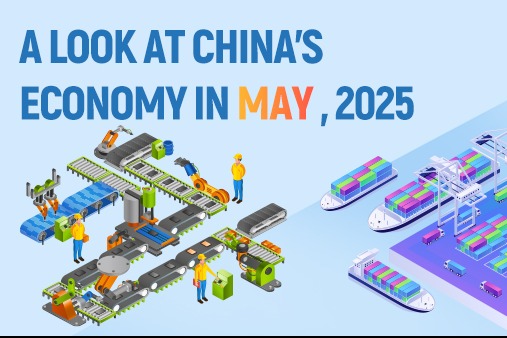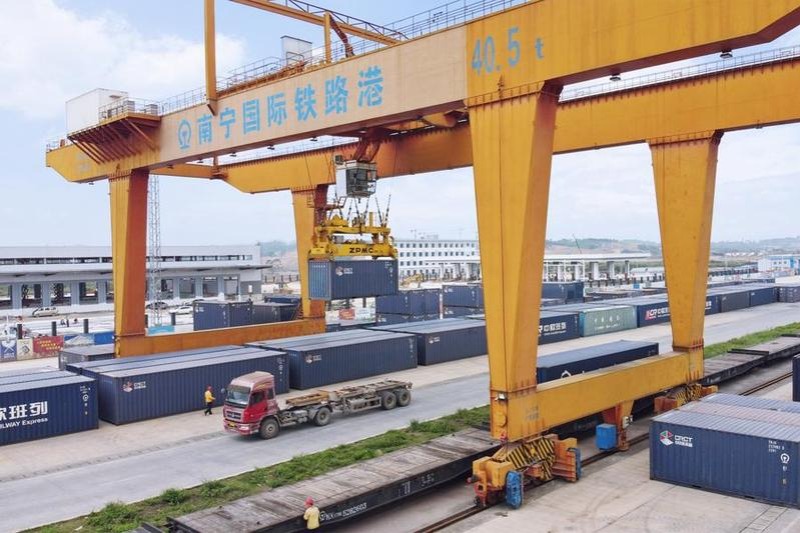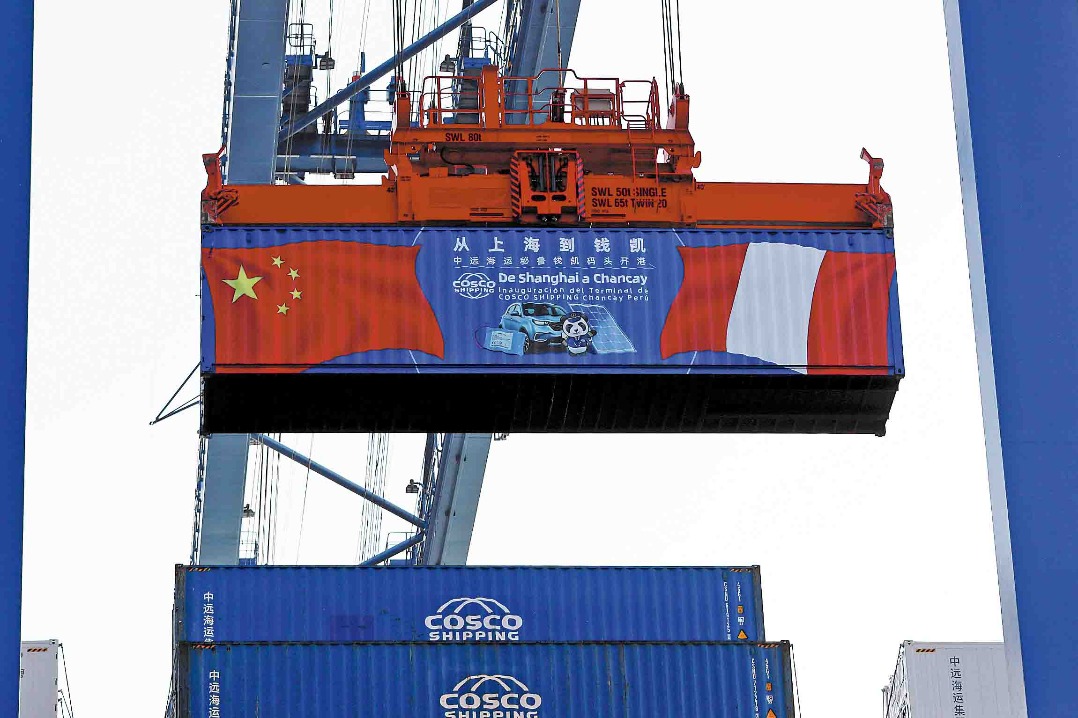Neue Klasse aims to be game-changer for BMW


BMW is pinning high hopes on its forthcoming Neue Klasse models, especially in China, where the German carmaker hopes they refresh its brand image and revive its fortunes in the world's largest and most competitive auto market.
The first China-made Neue Klasse model, the iX3, is scheduled to hit the Chinese market in 2026. But Jochen Goller, BMW's board member responsible for customer, brand, and sales, insists that the Neue Klasse is "much more than just new cars".
Unlike the incremental updates BMW has traditionally favored, the Neue Klasse represents a comprehensive reset, involving synchronized innovation across multiple core dimensions.
Among other things, it combines a new design philosophy, cutting-edge human-machine interfaces, sixth-generation electric drive technology, and the "superbrains" that act as central control units.
More importantly, it represents a complete decoupling of vehicle architecture and core innovations. This modular approach allows for greater flexibility in development and application.
For the Chinese market, BMW is integrating features co-developed with tech giants including Alibaba, Huawei, and ByteDance in an effort to tailor the Neue Klasse to the preferences of Chinese consumers.
"We believe the Neue Klasse should redefine BMW's brand image in China," Goller said. "Many people see BMW as delivering an exceptional driving experience, but slightly trailing in smart technology. We want to change that."
Goller said he has personally test-driven two Neue Klasse models and is confident they will impress. "With the launch of these models, we hope people will say: 'It drives beautifully and leads in intelligence.'"
Like other global premium brands, BMW is seeing sales shrink in China, its largest market around the world. Tech-savvy and open-to-innovation car buyers are being wooed away by Chinese NEV startups.
Statistics show that its first-quarter sales fell 17.2 percent year-on-year in the country, although it saw decent growth in all other major markets. "But China is growing as a market, and that is good news for us," said Goller.
China's automobile market, with annual sales surpassing 24 million vehicles, presents a complex landscape of consumer preferences and fierce competition between domestic and foreign automakers.
Goller has highlighted a focused strategy targeting 3-4 percent of the market — buyers who seek a blend of driving enjoyment and advanced technology, rather than competing head-on for mass volume.
"If consumers are simply looking for a 'smartphone on wheels', there are other brands they can choose. But for those who seek pure driving passion, a spirit of exploration, and the solid engineering that underpins it all, BMW is the ideal choice.
"BMW must be sharply focused on what it stands for — pure driving pleasure and a spirit of adventure — and avoid diluting its identity," said Goller.
The German carmaker also stresses the importance of localization as a pillar of its China strategy.
Its production base in Shenyang, Liaoning province, is one of the most advanced of its global manufacturing network. Its R&D network in China is second only to the one in Germany.
Sean Green, president and CEO of BMW Group Region China, highlights the company's significant software engineering operations in Nanjing, Jiangsu province, employing more than 600 engineers dedicated to rapid innovation cycles.
This local talent pool enables BMW to tailor its offerings to Chinese consumers by integrating partnerships with tech giants such as Alibaba, Huawei, and ByteDance.
These collaborations have brought advanced AI driver assistance, entertainment features, and digital services into the Neue Klasse lineup, allowing BMW to compete with emerging Chinese EV startups on their own turf.
One example is the new operating system, of which more than 70 percent of the features were developed in China.
Despite these technical advances, BMW remains committed to preserving its traditional strengths: combining superior driving dynamics with leading-edge digital capabilities, rather than chasing every technological fad, said Goller.
While BMW continues to refine its technical offerings, it is also rethinking how it communicates with the new generation of Chinese consumers.
Goller pointed to the IMAX-style panoramic iDrive showcased at the Shanghai auto show as an example of "bold, disruptive" marketing that resonated with local audiences. He said that more of such engagement is required.
"We know what pieces are needed for success in China (in the new era)," said Goller, "And now we are putting them together."




































